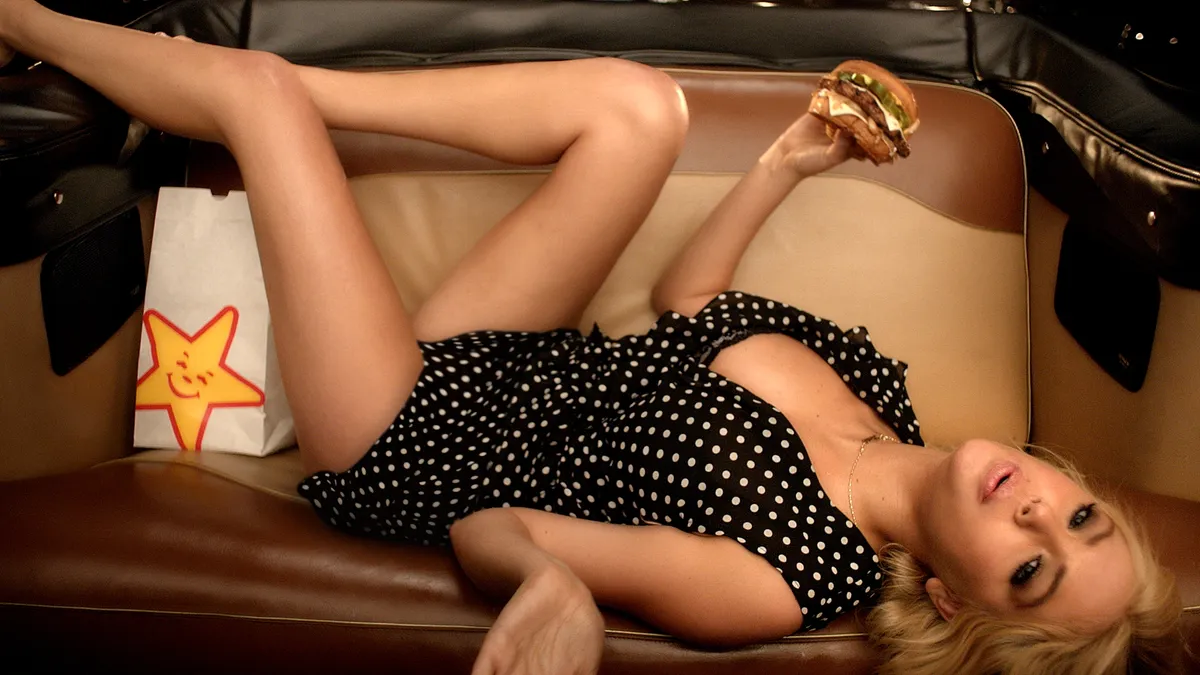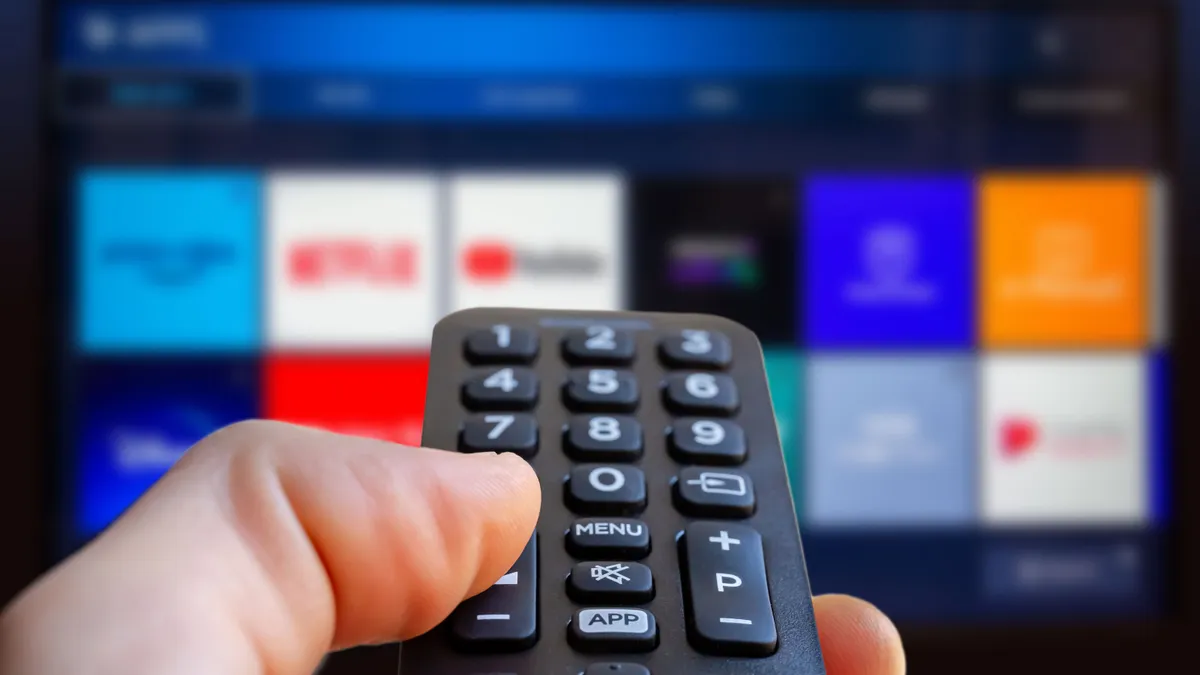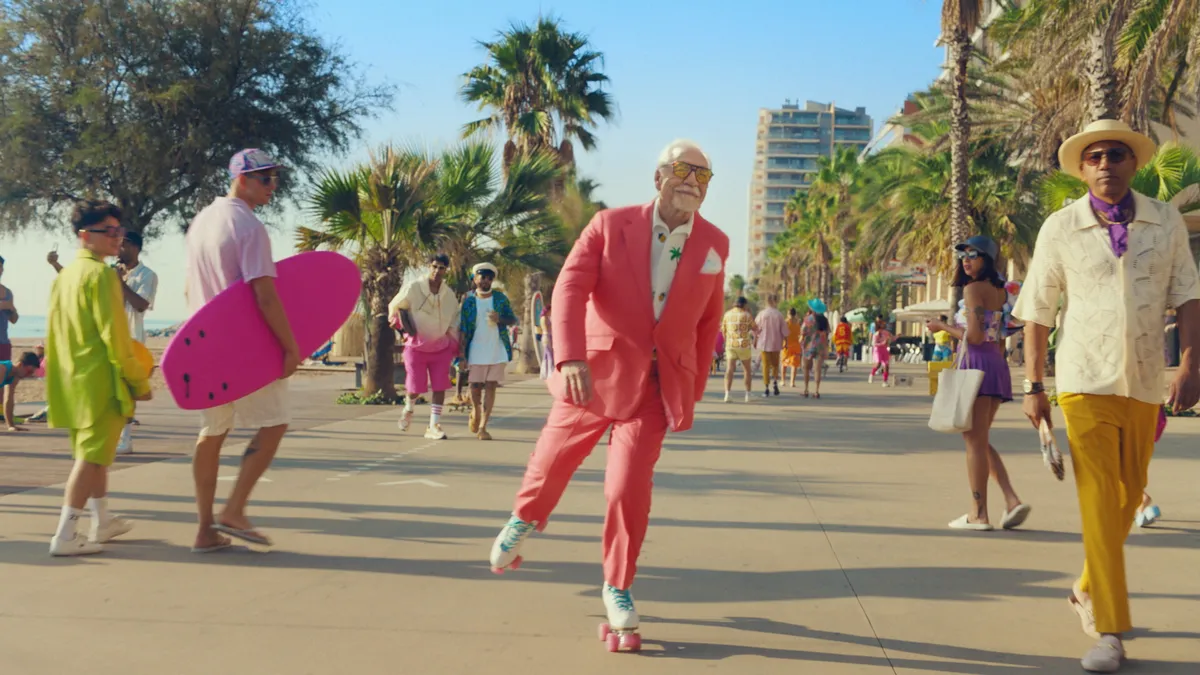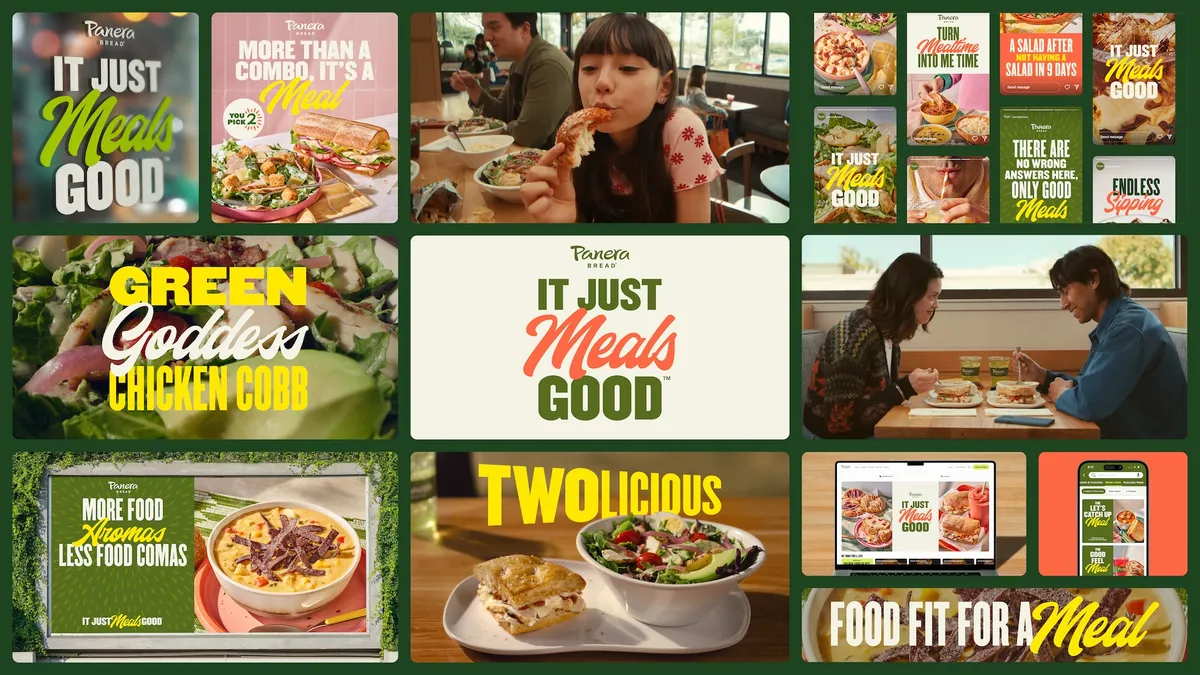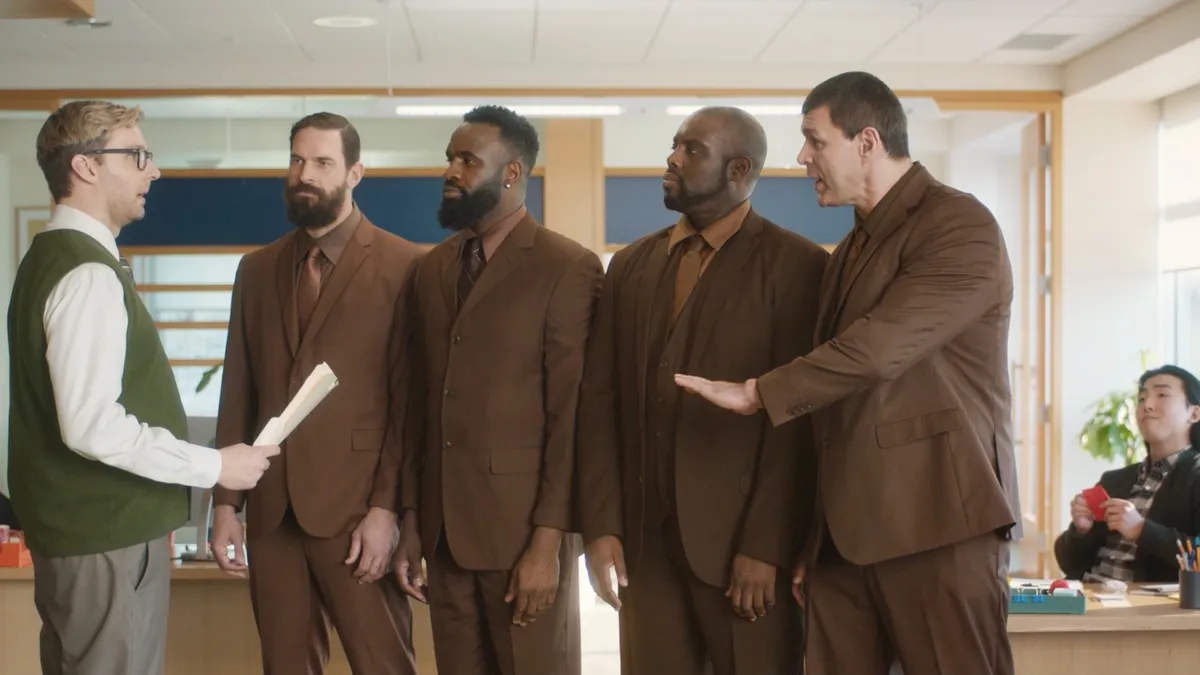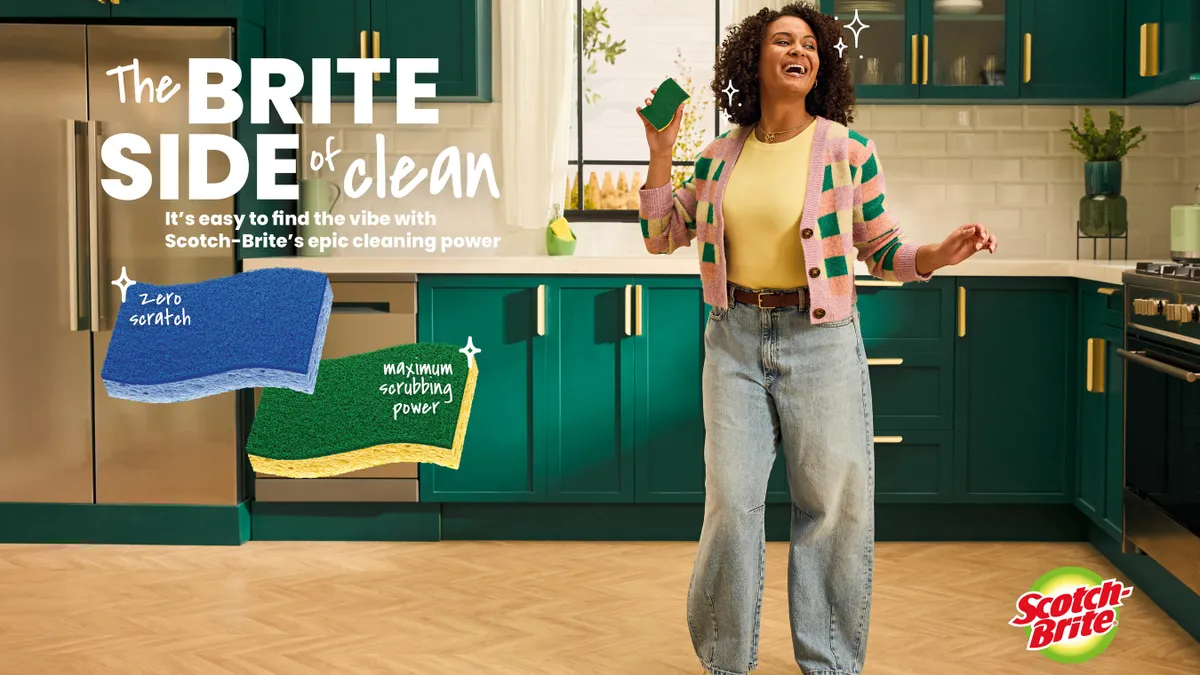The age-old idea that “sex sells” is still alive and well in marketing today, but is it really true? Plenty of brands utilize the method in their campaigns, from sexy burger eating spots to breast cancer awareness ads.
In certain circumstances, provocative imagery and suggestive wording can successful, but what about when brands take it too far? Sometimes a racy theme just doesn’t work for the company’s image. Other times, what marketers may think is sexy could instead come across as offensive. Here are four campaigns where sex didn’t sell:
Carl’s Jr.
For this year’s Super Bowl, Carl’s Jr. surprised no one by running a risqué commercial. The ad for the fast food chain’s All-Natural Burger showed model Charlotte McKinney wandering through a farmer’s market seemingly nude while food items conveniently covered up her private areas—and yes, melons were featured.
According to research firm Ameritest, the spot generated a lot of attention—over 10 million views on YouTube, for example—but not necessarily the kind of attention helpful to the brand’s image. The study showed that only 27% of respondents planned to visit a Carl’s Jr. in the next 30 days after seeing the ad—compared to the average of 43% for other restaurants.
A spokesperson for Carl’s Jr. told Advertising Age that sales for the All-Natural Burger hit an all-time high the week the commercial aired. However, Ameritest attributes that to the $1 coupon offer, not the sexual advertising. The chain may be selling burgers, but it’s not making friends. The long line of suggestive advertising has spawned counter campaigns, like the #CuttheCarls social media push. Despite backlash, a Carl’s Jr. representative doesn’t think the ads are worse than what can be seen at a beach and doesn’t seem inspired to change course.
Belvedere Vodka
Most brands understand that rape isn’t a laughing matter, but vodka brand Belvedere might have been sampling its own product a little too heavily when it tweeted out an ad in 2012. The ad featured a picture of a woman who appeared to be trying to get away from a man behind her with the phrase “Unlike some people Belvedere always goes down smoothly."
The rape joke alone would have been enough to make this list, but the situation got even worse. The photo was clearly a screenshot of an unrelated comedy video produced by Strickly Viral Promotions, featuring voice actress Alicyn Packard. After finding out about the ad, Packard sued Belvedere on the grounds that the screenshot was used without permission.
The double strike led Belvedere to issue a public apology and make a donation to an anti-violence against women’s group. The brand made a post on its Facebook page apologizing, and said it would investigate the process of how the ad was made. A formal resolution was never announced.
PETA
Animal rights activist group PETA is known for the extreme measures it takes to bring awareness to animal cruelty. In 2012, the group brought sexual violence into the mix, and the Internet did not respond well. The group released a video PSA that was meant to encourage people to convert to a vegan diet. It opened with a girl limping down the street while wearing little more than her underwear and a neck brace. A voice-over explains the woman is suffering from BWVAKTBOOM or “'Boyfriend Went Vegan And Knocked The Bottom Out Of Me.” It explains that the fictional new vegan boyfriend “can suddenly bring it like a tantric porn star.”
The campaign included a branded website bwvaktboom.com that quickly collected critical comments on the campaign. Some negative feedback said: “Cannot find the humor in this at all! I worked with Domestic Violence for 4 years...this ad is not amusing,” and “I think it’s sad that you equate good sex with painful, violent sex, I guess your trying to be sarcastic?” People clearly found violence against women just as offensive as violence against animals.
Burger King
In 2009, Burger King ran a racy ad for its sandwich, with a sexually suggestive name—the BK Seven Incher—in Singapore. The fast food chain thought it was serving the ad to a target audience of 18-to-24-year old males, but couldn't prevent the imagery from being seen by all ages.
The model depicted in the ad—about to put the Seven Incher into her mouth—was surprised to find out her image was used in such a suggestive way. The model remains unnamed, but created a YouTube video explaining that Burger King had purchased the stock photo from a third party and that in her photo shoot, she was instructed to show a range of emotions. In her video, the model compares the restaurant’s use of the imagery to rape.
Burger King responded to the video, saying: “Respect for customers and employees is a top priority at Burger King restaurants around the world. This advert was created by an independent franchise in Singapore in conjunction with a local promotional offer. This ad was not released in any other markets.”
In a turn of events that could certainly be related, Burger King saw a decline in sales in Singapore after the ad ran.


